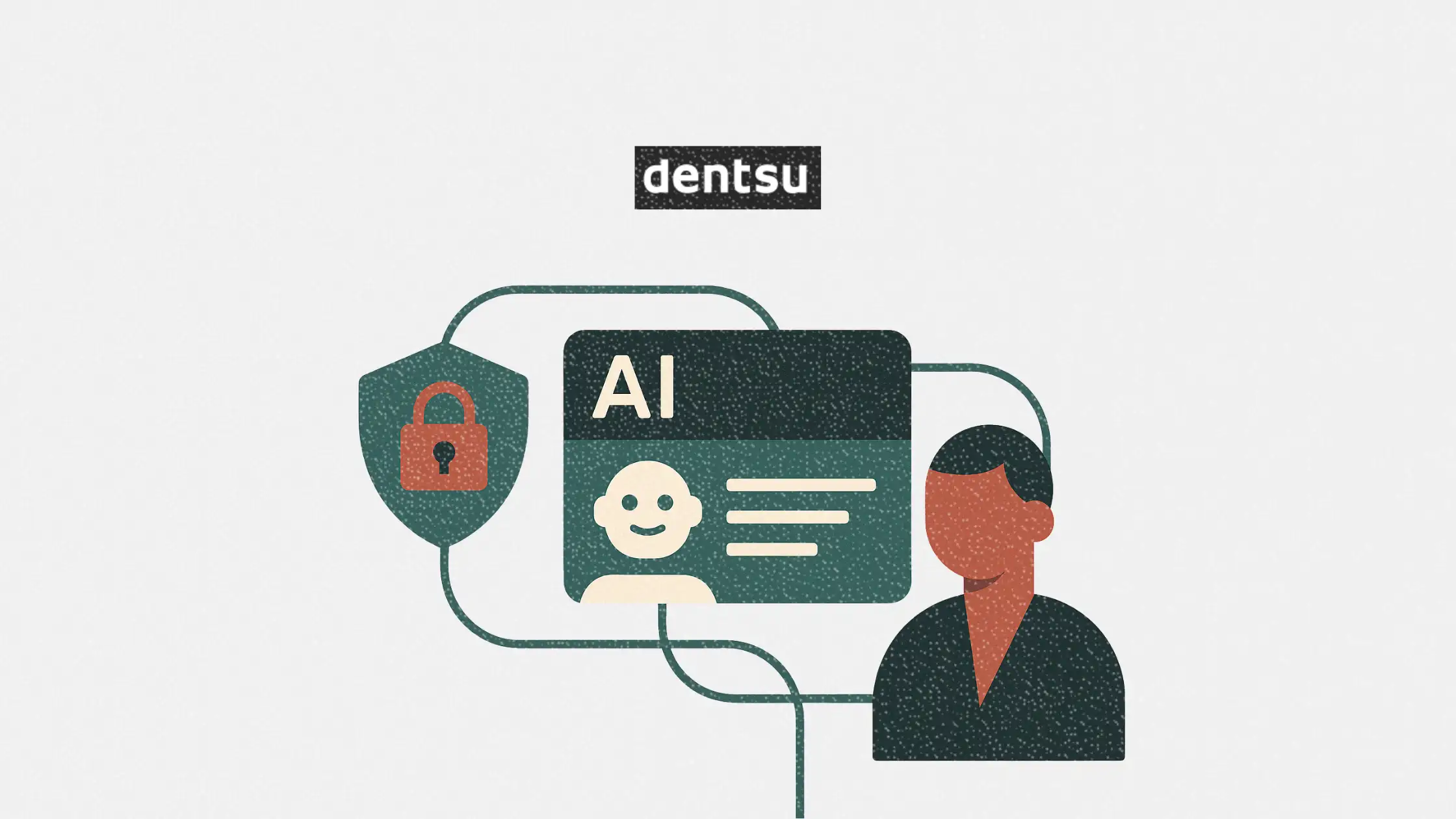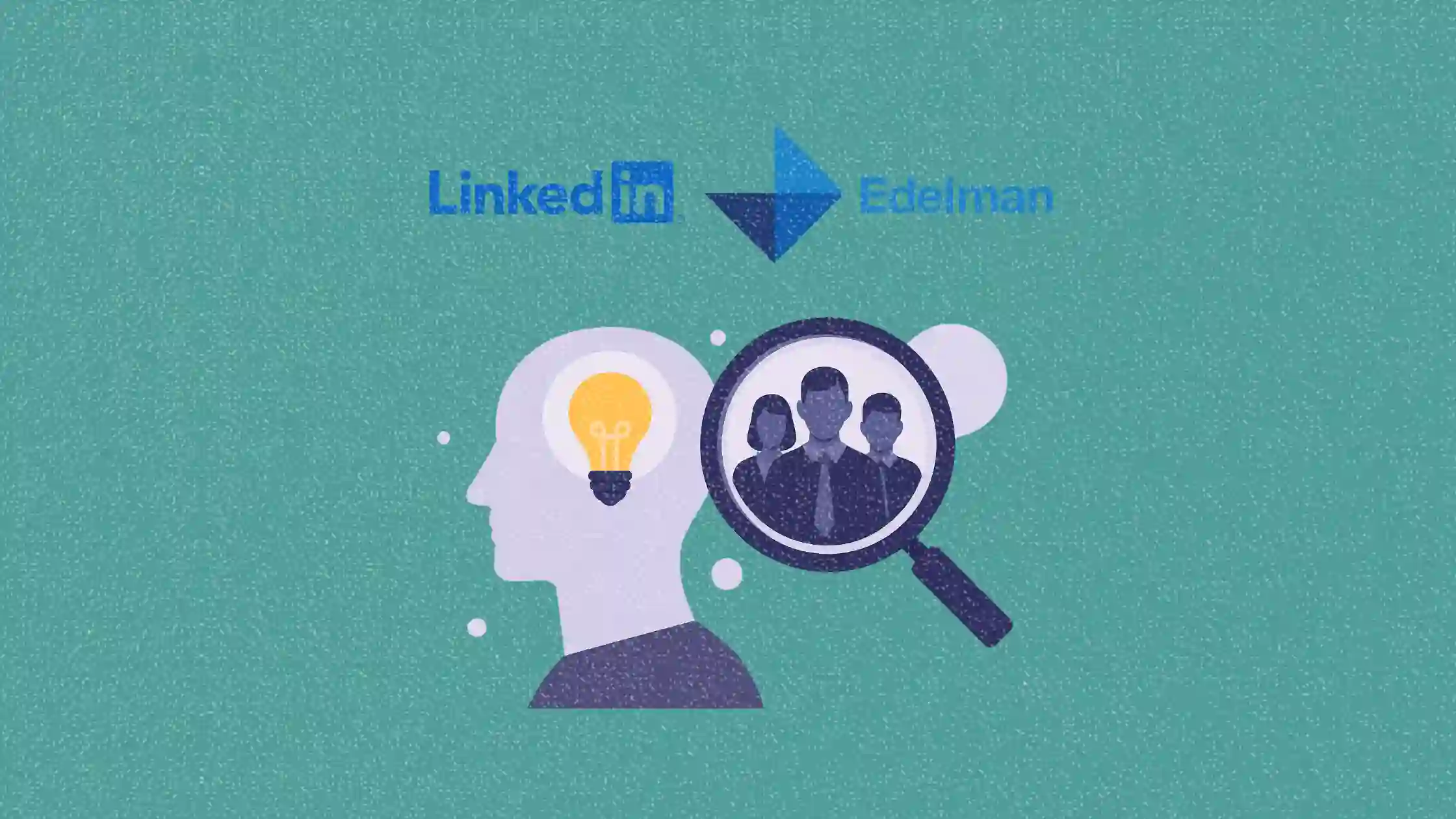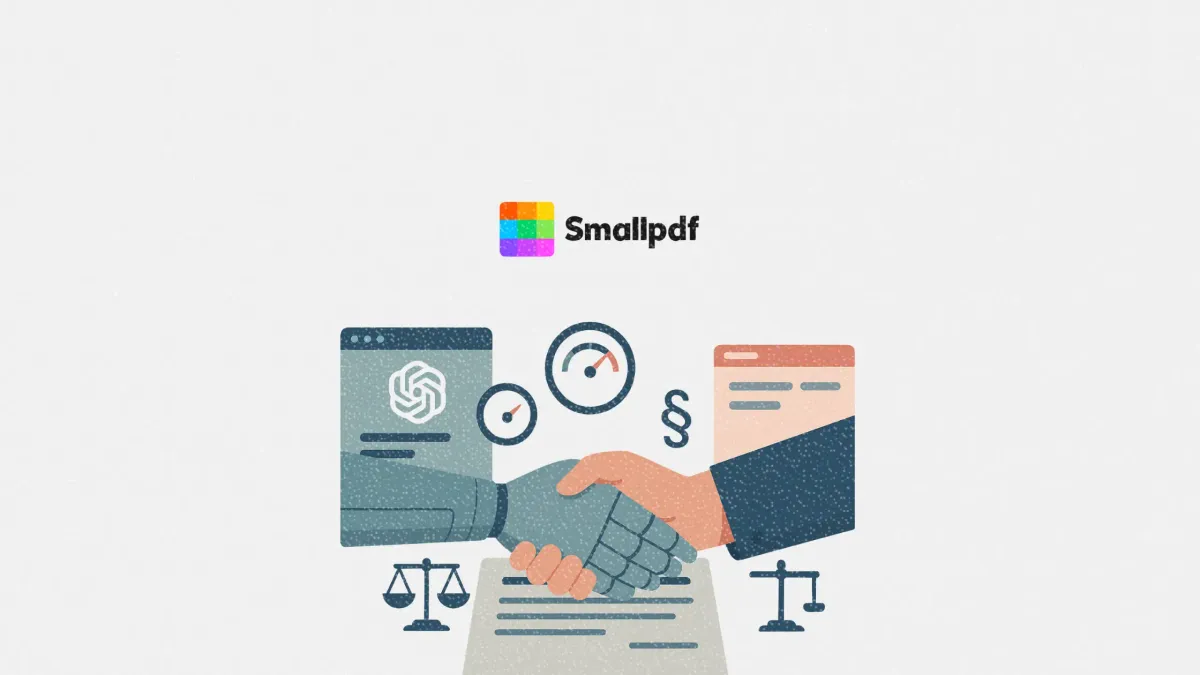AI is raising the bar, but trust still closes the deal
Dentsu’s latest Superpowers Index reveals that ‘ease’ is the new differentiator, but trust still rules in B2B buying

Marketers love talking about AI, but B2B buyers are already living in it. According to the newly released Superpowers Index 2025 from Dentsu, more than 77% of B2B purchase journeys now use AI — and not just at the research stage. From onboarding to renewal, AI is driving faster, smarter, more personalized interactions that buyers now expect by default.
But while tech may be streamlining processes, the human element still holds the power. The report, based on interviews with over 6,000 decision-makers and covering more than 9,000 brand experiences, finds that trust remains the number one driver of B2B brand choice. That’s the third year in a row trust has topped the list.
This article explores three key trends from the Superpowers Index 2025 and breaks down what they mean for marketing leaders building go-to-market strategies in an increasingly AI-first world.
Short on time?
Here’s a table of contents for quick access:
- Function meets emotion
- Trust still rules, but differently
- Make buying effortless
- What marketers should do now

Function meets emotion
For years, B2B buyers leaned increasingly on personal decision drivers — things like shared values, ethical alignment, and emotional reassurance. But in 2025, professional criteria made a comeback, with buyers placing more weight on reliability, integration, and compliance.
Still, trust remains the bedrock. The top-ranked driver for the third year running is: “I feel safe signing a contract with them.”
Right behind that:
- Integrates smoothly with our processes
- Meets my company’s minimum quality or functional needs
- Complies with regulations and ethical standards
This shift reflects a pragmatic response to economic uncertainty. Buyers want assurance, and that means showing your brand works in their world, not just that it aligns with their worldview.
Trust still rules, but differently
So how do you make a B2B buyer feel “safe”? The Index shows that brand reputation, advocacy, and reach now define buyer confidence. In fact, buyers are twice as likely to trust a brand that’s viewed as a thought leader or receives strong peer endorsements.
Being known as a good employer surged as a top trust proxy in 2024 and remains critical. It's a reminder that internal culture is now external currency in B2B branding.
And while brand investment was once just lip service, marketers are backing it with budget. Raising brand awareness shot up eight spots in strategic importance compared to last year.

Why this matters:
- Brand-building is no longer just about visibility. It is about reducing buyer anxiety.
- Trust is not only won through whitepapers. Community and influencer marketing now play a growing role, with nearly 60% of buyers referencing influencers in their most recent purchase.
- Marketers are shifting toward modernizing brand relevance as Gen Z enters more B2B roles.
Make buying effortless
While trust is still the ticket to closing, ease is the accelerant. Brands that simplify the buying journey are seeing faster sales cycles, higher NPS scores, and better adoption across services.
Here’s what winning brands do differently:
- Integrate seamlessly with buyer processes
- Offer just enough complexity without overwhelming the user
- Communicate clearly and deliver on promises
- Use AI to reduce friction at every stage
Brands that do these things well shorten the sales cycle by up to four months. The message is clear. Buyability is not a buzzword. It is a performance multiplier.
What marketers should do now
Here’s how to act on these insights without getting lost in the hype:
1. Build trust with reach and relevance
Focus on early impressions, peer validation, and third-party endorsements. If you are not showing up in buying committees’ first impressions or Slack threads, you are invisible.
2. Invest in buyer experience, not just content
From integration guides to transparent pricing to AI-powered onboarding — remove friction. Ease is no longer optional. It is expected.
3. Test influencer collaborations with purpose
With 59% of B2B buyers referencing influencers, now is the time to explore expert-led content. But do not treat it like B2C fluff. Focus on credibility over clout.
4. Do not just “do AI” — prove value
Use AI to enhance research, support, and personalization. Always link features to functional gains like saved time, faster onboarding, or lower risk.

The takeaway from Dentsu’s Superpowers Index 2025 is clear. In B2B, brand trust and ease of engagement are everything. AI may be the tool of the moment, but it is how brands use it to make buying simpler and more human that creates real competitive advantage.
For marketers, that means treating AI and brand not as silos, but as symbiotic levers — each enhancing the other to reduce risk, raise confidence, and ultimately close the deal.





